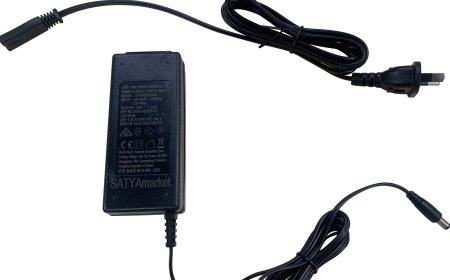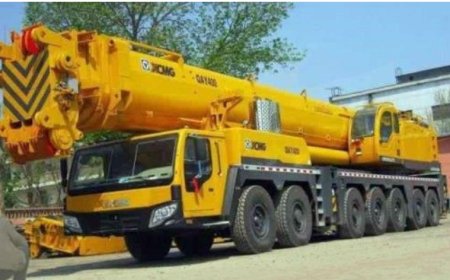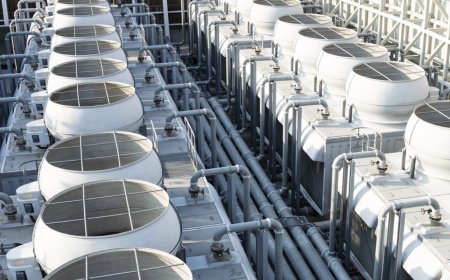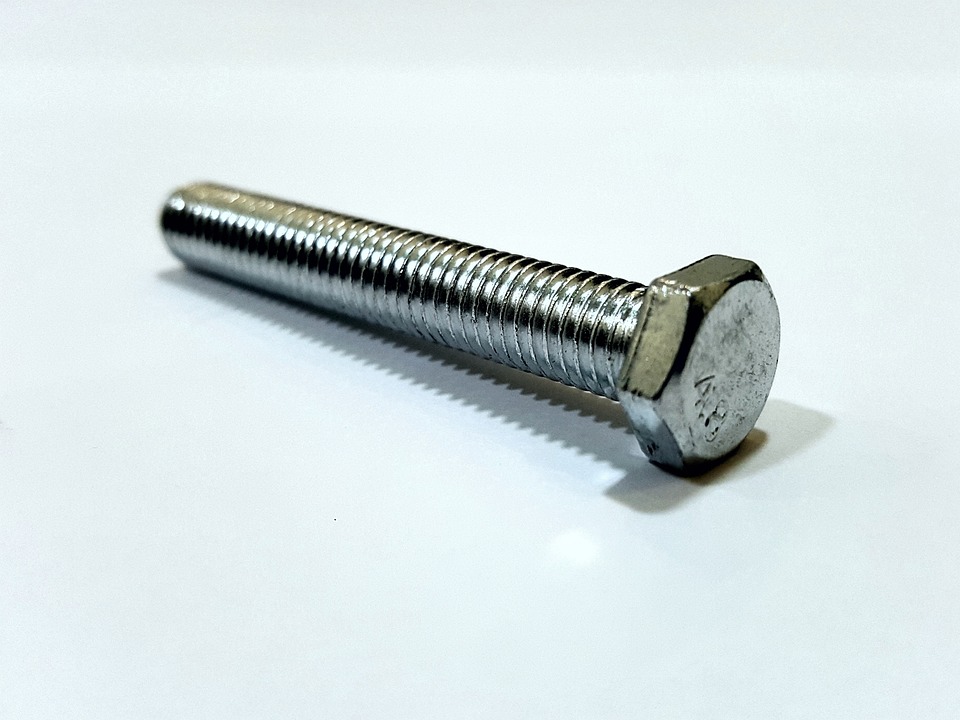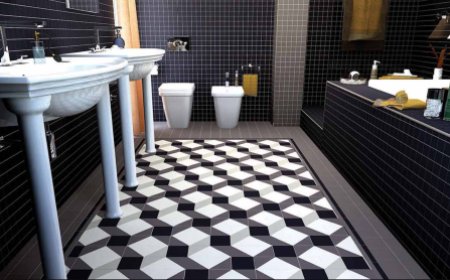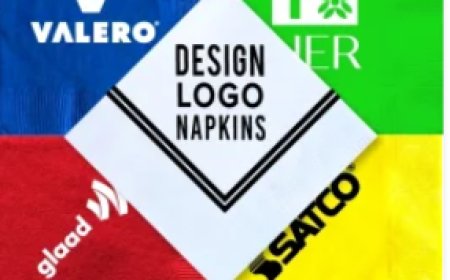A Complete Guide to Commercial Kitchen Equipment for Startups

Starting a food business is an exciting yet demanding venture. Whether it's a caf, food truck, full-scale restaurant, or catering service, one of the most crucial investments for any startup in the foodservice industry is commercial kitchen equipment. The right tools and machinery not only ensure food safety and efficiency but also support your kitchen staff in delivering consistent quality under pressure.
In this comprehensive guide, well walk you through everything you need to know about choosing the right commercial kitchen equipment. From sourcing a reliable kitchen equipment supplier to leveraging custom stainless steel fabrication, every step plays a critical role in laying the foundation for a successful culinary business.
Why Quality Kitchen Equipment Matters for Startups
Commercial kitchens operate under intense conditionslong hours, high heat, and constant use. Unlike domestic kitchens, they require heavy-duty equipment designed for durability, speed, and compliance with health codes. Investing in the right equipment from the start can:
-
Increase productivity and reduce downtime
-
Minimize energy consumption
-
Comply with safety and hygiene regulations
-
Prolong the lifespan of your tools and appliances
-
Allow for scalability as your business grows
For startups, where budgets and margins can be tight, making smart, long-term choices is vital. Poor-quality or mismatched equipment can lead to maintenance headaches, unexpected costs, and health code violationsall of which can be fatal to a young business.
Essential Commercial Kitchen Equipment Categories
Every commercial kitchen differs based on the cuisine, space, and service model, but here are the essential categories of equipment that most startups need:
1. Cooking Equipment
This includes all the primary tools used for preparing food. Common pieces include:
-
Ranges and Ovens (gas or electric)
-
Grills and Griddles
-
Deep Fryers
-
Microwaves and Toaster Ovens
-
Steamers
Cooking equipment should be robust and easy to clean, often requiring stainless steel surfaces due to their corrosion resistance and hygiene compliance.
2. Refrigeration and Storage
Cold storage is essential for keeping ingredients fresh and meeting health standards:
-
Reach-in and Walk-in Refrigerators/Freezers
-
Undercounter Refrigerators
-
Prep Tables with Refrigerated Drawers
-
Ice Makers
Work with a reputable kitchen equipment supplier to ensure these units meet local energy and safety standards.
3. Food Preparation Equipment
These machines speed up prep tasks while ensuring consistency and safety:
-
Food Processors
-
Blenders and Mixers
-
Meat Slicers and Grinders
-
Dough Sheeters and Dividers (for bakeries)
Durability and ease of cleaning are crucial. Stainless steel blades and bodies are highly recommended.
4. Dishwashing and Sanitation
Maintaining a clean environment is non-negotiable. Your options include:
-
Commercial Dishwashers
-
Three-compartment Sinks
-
Pre-rinse Faucets
-
Grease Traps
-
Handwashing Stations
Proper sanitation setup isnt just a good practiceits a regulatory requirement. Many startups choose custom stainless steel fabrication to design dishwashing stations that fit perfectly into their space and workflow.
5. Workstations and Counters
Every kitchen needs ample prep space. Stainless steel tables and counters are standard due to their:
-
Resistance to rust, heat, and impact
-
Smooth, non-porous surface for hygiene
-
Low maintenance and long lifespan
Custom stainless steel fabrication allows you to design workstations that fit odd spaces, integrate sinks, or include built-in storage.
6. Ventilation and Fire Safety
Good ventilation is essential for comfort and safety. Ensure you install:
-
Range Hoods
-
Exhaust Fans
-
Make-up Air Systems
-
Fire Suppression Systems
Fire code compliance should be verified with your local authorities and coordinated with your kitchen equipment supplier.
Custom Stainless Steel Fabrication: A Game-Changer for Startups
One of the most overlooked but invaluable services for new food businesses is custom stainless steel fabrication. Off-the-shelf equipment doesnt always fit your kitchens layout or unique needs. With custom fabrication, you can:
-
Maximize limited space
-
Integrate appliances and storage seamlessly
-
Improve workflow and reduce labor inefficiencies
-
Design ergonomic and ADA-compliant stations
-
Increase aesthetics and cleanliness with seamless joints and tailored fit
Whether you need a custom fryer station, prep counter with integrated refrigeration, or shelving fitted around structural obstructions, fabricated stainless steel ensures a perfect fit without compromising quality.
This customization also future-proofs your kitchen. As your business scales or pivots, modular and customized solutions make it easier to adjust your layout or add new equipment without major remodeling.
Choosing the Right Kitchen Equipment Supplier
Your kitchen equipment supplier can make or break your startup experience. Beyond selling equipment, a good supplier acts as a partnerhelping with selection, installation, training, and ongoing support. When choosing one, consider:
1. Experience and Reputation
Look for suppliers who specialize in commercial kitchens and understand the needs of startups. They should be able to recommend equipment based on your menu, kitchen size, and business model.
2. Range of Equipment
A comprehensive inventory saves you time and ensures compatibility between items. Ideally, the supplier should offer everything from refrigeration units to utensils.
3. Custom Stainless Steel Fabrication Services
Working with a supplier that also offers fabrication ensures better communication and faster turnaround times for custom pieces. Coordination between supply and customization is critical for timely setup.
4. After-Sales Support
Ask about warranties, maintenance, spare parts availability, and repair services. Fast response times can prevent costly downtime.
5. Compliance Knowledge
Your supplier should be well-versed in health, fire, and building codes to ensure your kitchen passes inspections without issues.
Budgeting Tips for Equipment Procurement
Budgeting is a major concern for startups, especially when it comes to upfront equipment costs. Here are tips to keep spending under control:
-
Prioritize Essentials: Start with must-haves. You can add more specialized equipment as your business grows.
-
Consider Gently Used Equipment: Reputable suppliers often offer refurbished units with warranties.
-
Bundle Purchases: Some suppliers offer discounts when you buy multiple items or packages.
-
Explore Leasing Options: Leasing allows you to conserve capital while still accessing high-quality equipment.
-
Plan for Maintenance: Set aside a portion of your budget for regular servicing and repairs.
Layout and Workflow Considerations
Your kitchen layout directly impacts speed, safety, and productivity. When selecting and arranging equipment, follow the principles of:
1. Kitchen Work Zones
Divide your kitchen into zones such as cooking, prep, dishwashing, and storage. This keeps staff focused and reduces cross-contamination risks.
2. Ergonomic Design
Minimize the need to bend, stretch, or walk long distances. Position prep counters near fridges, and dishwashing areas near exits.
3. Ventilation Flow
Avoid placing heat-generating equipment under inadequate hoods. Consult with your equipment supplier to plan proper airflow and HVAC integration.
4. Code Compliance
Your kitchen must meet all local codes for sanitation, fire safety, and accessibility. Having your kitchen layout reviewed by both your fabricator and a health inspector is a smart move.
Maintenance and Longevity
Proper maintenance is key to prolonging the life of your commercial kitchen equipment. Heres how to keep things running smoothly:
-
Daily Cleaning: Wipe down all surfaces, including stainless steel counters, with food-safe cleaners.
-
Scheduled Servicing: Work with your supplier to schedule professional servicing every 612 months.
-
Staff Training: Ensure employees know how to operate and clean each piece of equipment properly.
-
Monitor Performance: Pay attention to signs of wear, leaks, or unusual noises. Early intervention saves money.
Custom stainless steel components, in particular, offer long lifespans when maintained properly, often outlasting cheaper alternatives by several years.
Final Thoughts
Launching a food business is both a passion project and a calculated investment. The commercial kitchen is its heartbeat, and the tools you choose determine your rhythm. By partnering with a knowledgeable kitchen equipment supplier and taking advantage of custom stainless steel fabrication, startups can create a high-functioning, compliant, and scalable kitchen from day one.
Remember, every square foot counts. Smart equipment choices and tailored fabrication not only make daily operations smoother but also empower your team to focus on what matters mostcreating outstanding food that keeps customers coming back.
Before making your final decisions, take the time to research, plan your workflow, and consult professionals. The right setup today can save you thousands tomorrowand position your culinary brand for long-term success.
